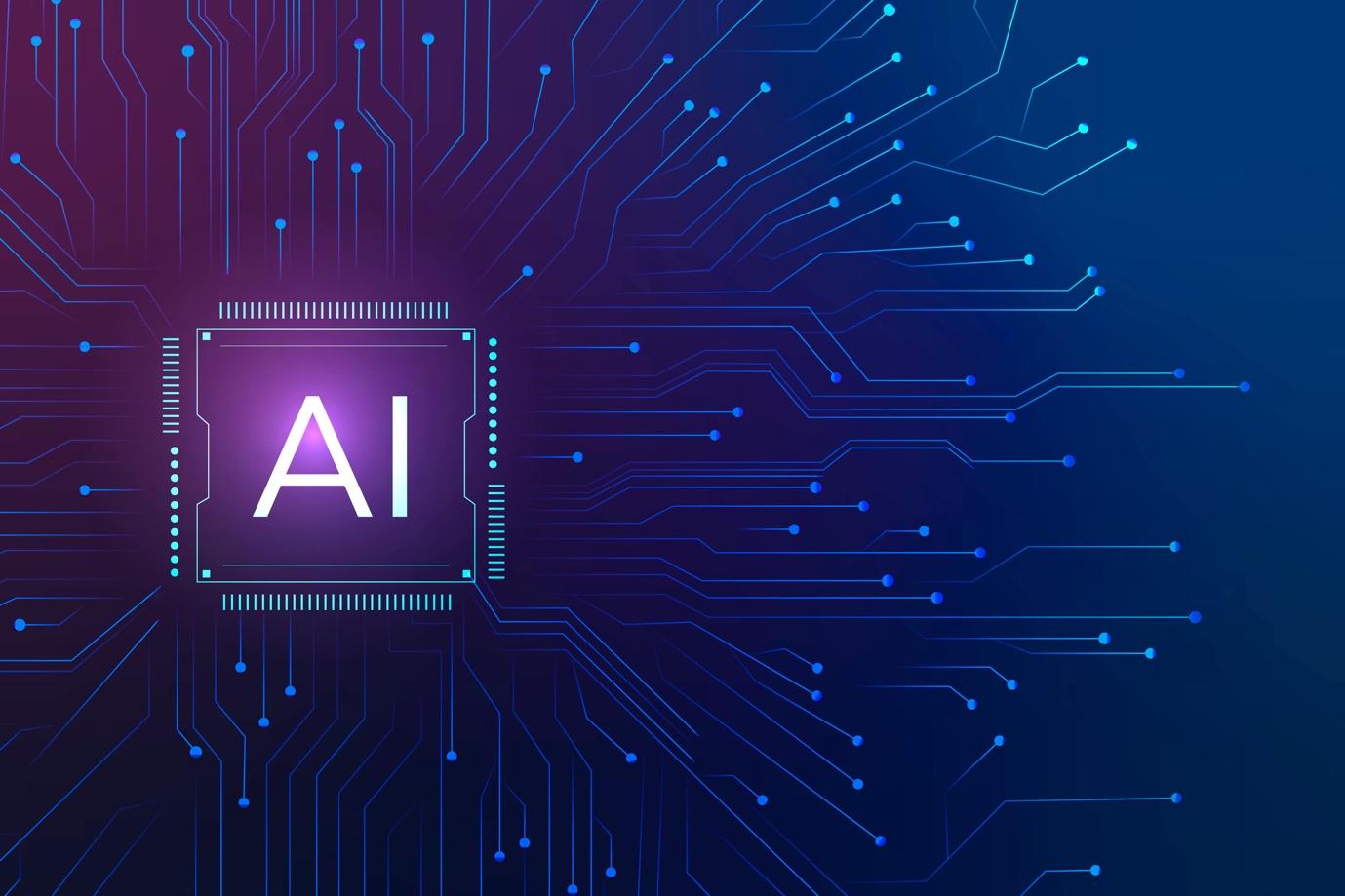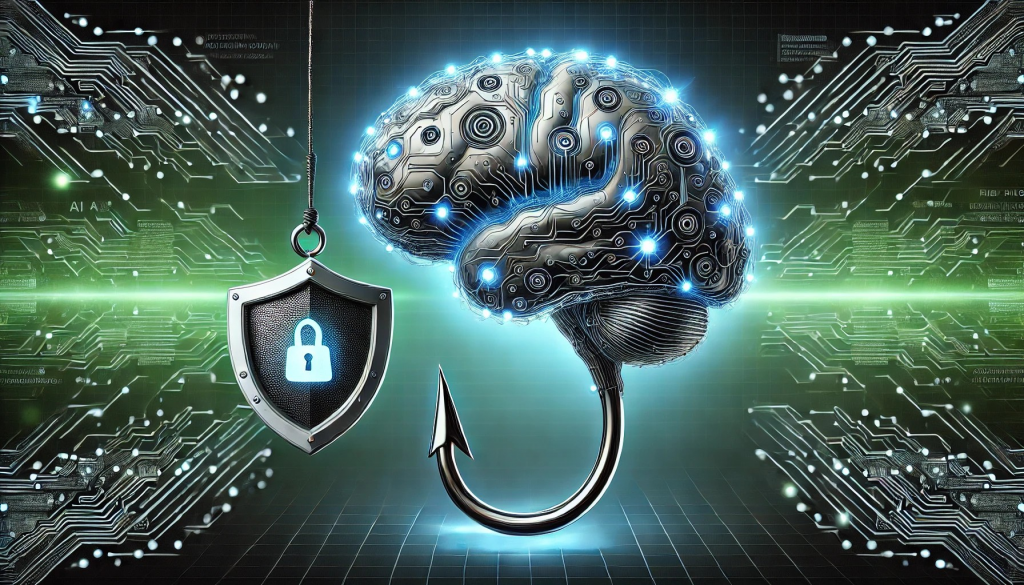justineanweiler.com – Artificial Intelligence (AI) has rapidly transformed from a futuristic concept into an integral part of our daily lives. Its importance to humanity cannot be overstated, as it’s not only enhancing efficiencies but also enabling advances in ways we could only have imagined a few decades ago. From healthcare and climate change to education and the economy, AI is helping address some of the world’s most complex challenges. Here’s why AI is so essential to our future as a society.
1. Boosting Healthcare and Saving Lives
AI is revolutionizing healthcare by enabling earlier and more accurate diagnoses, personalized treatments, and improved patient care. Machine learning algorithms can now analyze vast amounts of medical data to identify disease patterns and predict outcomes. AI-powered diagnostics tools, for instance, can detect cancer in its earliest stages with greater accuracy than human doctors, giving patients a better chance of recovery. It also powers robotic surgery, reducing human error, and providing minimally invasive options. In public health, AI has proven invaluable in tracking and predicting outbreaks like COVID-19, allowing for faster and more effective response measures.
2. Tackling Climate Change
AI is helping us combat climate change by optimizing energy use, forecasting weather patterns, and even monitoring ecosystems. Renewable energy production, such as solar and wind, relies on accurate predictions to optimize energy harvesting, and AI can analyze massive data sets to improve these forecasts. Companies are using AI to manage their environmental footprint, and researchers are employing it to model climate scenarios, helping policymakers make more informed decisions. Additionally, AI systems are aiding in wildlife conservation, tracking endangered species, and combatting illegal poaching and deforestation through satellite and drone monitoring.
3. Transforming Education and Learning
AI has the potential to democratize education, making quality learning accessible to more people globally. Through adaptive learning platforms, AI can create customized lesson plans based on each student’s learning pace and style. This personalization enhances engagement and improves learning outcomes. AI-powered tutoring systems and virtual teaching assistants can provide real-time support, and language translation tools can help students access resources in multiple languages. Moreover, AI enables educators to identify struggling students early on, offering timely intervention to those who need it most.
4. Enhancing Economic Growth and Job Opportunities
AI is creating new economic opportunities across sectors. From automating repetitive tasks to discovering new efficiencies, AI is boosting productivity and driving economic growth. Although there is concern that AI might displace certain jobs, it is also generating demand for new roles that require skills in AI development, data analysis, and cybersecurity. As businesses adopt AI, they become more competitive, spurring innovation and creating jobs in AI development, maintenance, and application.
5. Enhancing Daily Life and Convenience
Many of the conveniences we enjoy today are powered by AI, such as personalized recommendations on streaming platforms, virtual assistants like Siri and Alexa, and smart home devices. These AI-powered applications save time, help us stay organized, and provide a more comfortable living environment. AI’s integration into everyday life is not only about luxury or convenience—it allows people to make better use of their time, focus on creativity and problem-solving, and maintain a better work-life balance.
6. Solving Complex Problems and Scientific Advancements
AI is pushing the boundaries of science and technology. In drug discovery, AI models can predict how a compound will interact with the human body, accelerating the process of developing new treatments. In physics and astronomy, AI is used to analyze astronomical data, making discoveries that were previously impossible due to the vastness of the data involved. AI’s potential to simulate complex phenomena allows scientists to make breakthroughs faster, from developing sustainable energy solutions to unraveling the mysteries of the universe.
7. Improving Safety and Security
AI is a key player in enhancing security, both online and offline. Cybersecurity systems use AI to detect threats and prevent breaches, keeping sensitive data safe from malicious actors. In physical security, AI-powered surveillance systems monitor and analyze activities, which can help in preventing crimes and ensuring public safety. In transportation, autonomous vehicles aim to reduce human error and minimize accidents on the road. These advancements contribute to a safer society, reducing risk and safeguarding human life.
Challenges and Ethical Considerations
While AI holds immense promise, it is important to address the ethical concerns and potential risks associated with it. Issues like data privacy, algorithmic bias, and the displacement of jobs are significant challenges. It is crucial for governments, companies, and communities to work together to create regulations and frameworks that ensure AI’s benefits are distributed equitably and that its deployment respects human rights and privacy.
Conclusion
AI’s role in humanity’s future cannot be underestimated. Its power to improve healthcare, protect the environment, transform education, and boost the economy shows that it is not merely a tool but a transformative force. With responsible development, AI can help us build a more equitable, sustainable, and innovative world. Far from being a replacement for human intelligence, AI is a complement, enabling humanity to reach its fullest potential. As we harness this technology, it is our collective responsibility to ensure that its benefits are accessible to all and that its impact is a positive one for future generations.





